Trapzilla, A Thermaco Technology, making a difference in worldwide effort to deliver clean water
- Jul 5, 2013
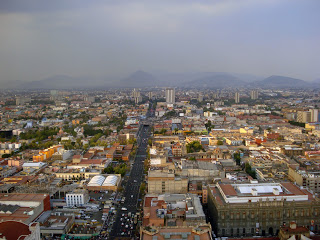 ASHEBORO, N.C. — Water runs from our taps, and we store it in bottles, coolers and refrigerators.
ASHEBORO, N.C. — Water runs from our taps, and we store it in bottles, coolers and refrigerators.Free shipping on online orders over $1400 (contiguous US only).
 ASHEBORO, N.C. — Water runs from our taps, and we store it in bottles, coolers and refrigerators.
ASHEBORO, N.C. — Water runs from our taps, and we store it in bottles, coolers and refrigerators.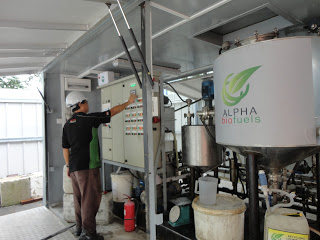
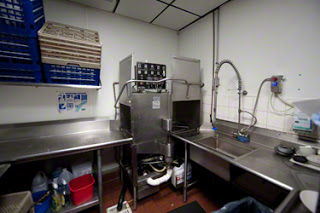 Keep Soapy flows from Contacting Downstream Fats and Oils (Lipids)
Keep Soapy flows from Contacting Downstream Fats and Oils (Lipids)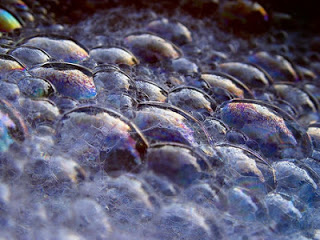 Better Practices in the Modern Era
Better Practices in the Modern EraWe are thankful to live in the 21st century and to not worry about dying from a restaurant dining experience. I once worked with a man whose 20 year-old brother died in 1940 of food poisoning from a restaurant with poor sanitation. As recently as the late 1940s, hot water heaters were not reliable and ware-washing detergents were caustic based. If the water was not hot, the detergent was not effective. Today’s modern restaurant has plenty of hot water, highly efficient detergents and those detergents also contain sanitizers and water softening agents to ensure complete sanitation and cleaning takes place.
Today we have better sanitation practices and the plates are always clean, but how about what is being sent down the drain? Does it pose a problem for the community’s sewer collection system? Can the constituents be treated at the community’s wastewater treatment plant?
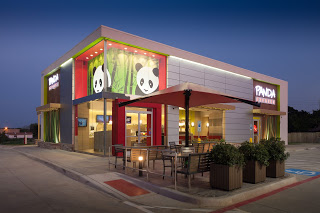
In our role as a trusted solutions provider for restaurant oil and grease compliance, Thermaco is honored to work with a number of highly successful restaurant brands – some founded upon interesting and inspirational methods of business.
With this post we share one such story…
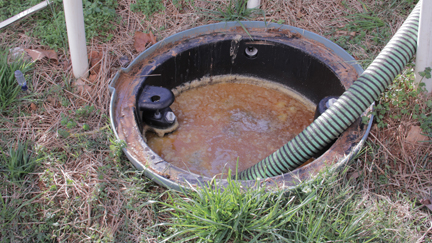
The smell was putrid, foreign, the caller said.
The strange odor, which emanated from somewhere on the college campus, stung the nostrils of the untrained and the unsuspecting.
 Food Equipment and Supplies Magazine recently sent out an E-Newsletter featuring the Trapzilla line of products. Take a moment to check out the articles below and stop by the Trapzilla website to see the award-winning animated short-film.
Food Equipment and Supplies Magazine recently sent out an E-Newsletter featuring the Trapzilla line of products. Take a moment to check out the articles below and stop by the Trapzilla website to see the award-winning animated short-film.
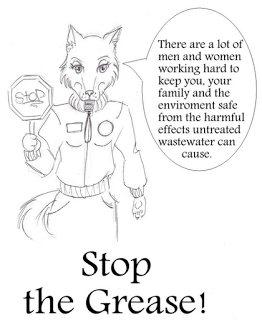 When Michelle Aumiller was a kid growing up in Oklahoma, she loved jumping in mud puddles.
When Michelle Aumiller was a kid growing up in Oklahoma, she loved jumping in mud puddles.
Today, though, in her role as a municipal Industrial Waste Monitor, she knows that sanitary sewer overflows can turn a child’s mud puddle into a serious health hazard.
“By protecting our sewer lines and waste treatment plants from FOG (fats, oil and grease) and other contaminants,” Aumiller says, “we keep waste water from contaminating the environment and mud puddles – for our children and grandchildren.”
Six years ago, when Aumiller took on the position of Industrial Waste Monitor for Midwest City, Oklahoma, the municipality was experiencing serious problems with Sanitary Sewer Overflows (SSO).
“The city was under a Consent Order by the state Department of Environmental Quality and was facing large fines for the overflows,” according to Aumiller. “The first thing I did was write a letter that the sewer line crew distributed to homes, restaurants and businesses -- explaining the problem that we were having with FOG and other clogging materials and providing information on best practices to help solve the problem.”
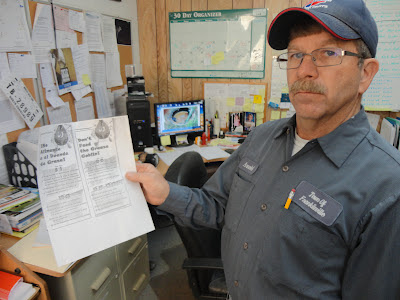
Allred began his career in wastewater management in 1974, when right out of high school he landed a job “turning valves” with the City of Asheboro’s wastewater plant. He stayed with the treatment facility for 30 years, working his way to plant superintendent. After retiring from the City of Asheboro, Allred began serving as Public Works...
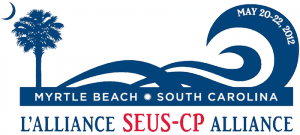 Held on May 20-22 in Myrtle Beach, South Carolina, the 2012 SEUS-CP Alliance Conference brought together 300 high-level governmental and business leaders -- all sharing the common goal of enhancing strategic trade and investment between the United States and Canada.
Held on May 20-22 in Myrtle Beach, South Carolina, the 2012 SEUS-CP Alliance Conference brought together 300 high-level governmental and business leaders -- all sharing the common goal of enhancing strategic trade and investment between the United States and Canada.  © 2020 Thermaco Inc. All Rights Reserved / Privacy Policy
© 2020 Thermaco Inc. All Rights Reserved / Privacy Policy